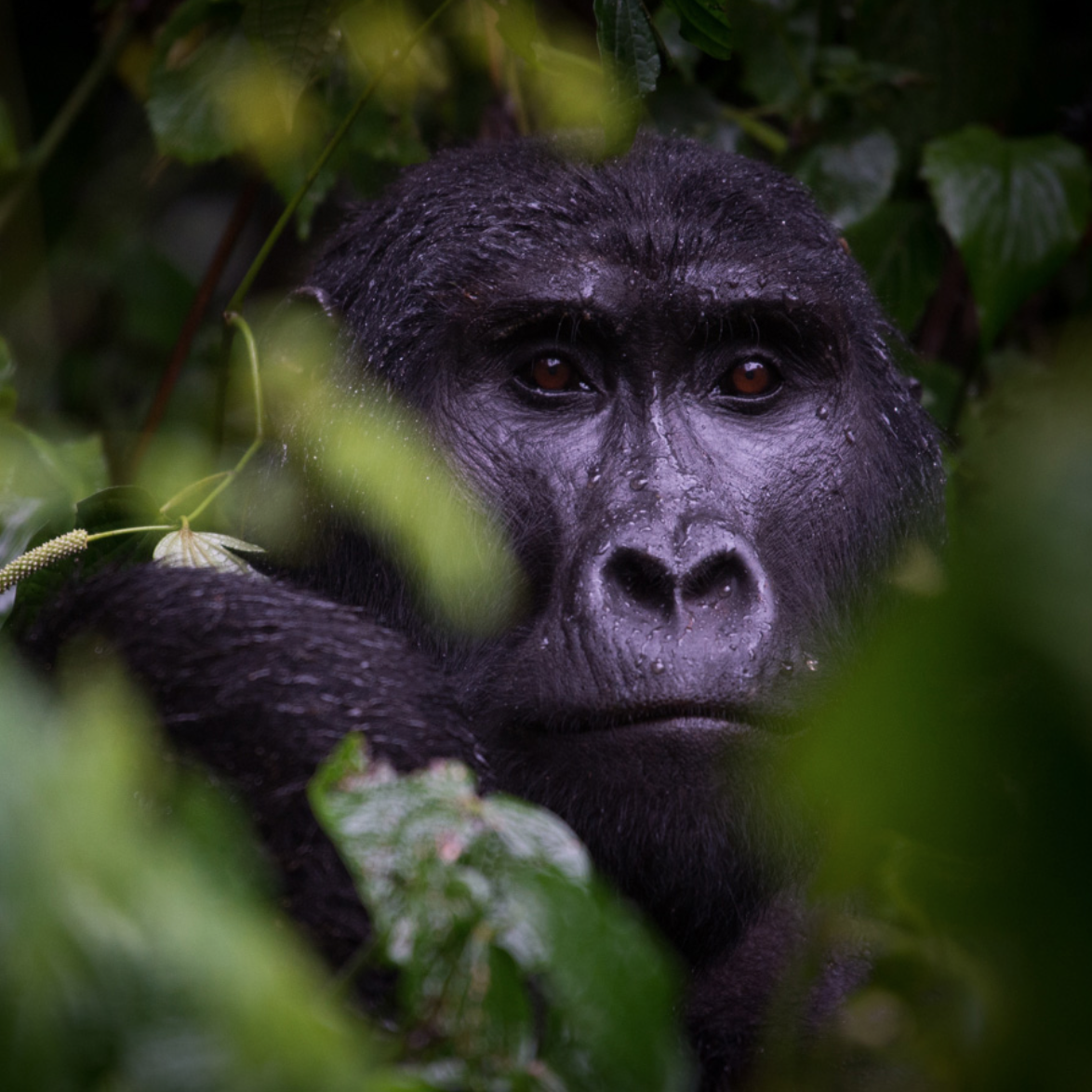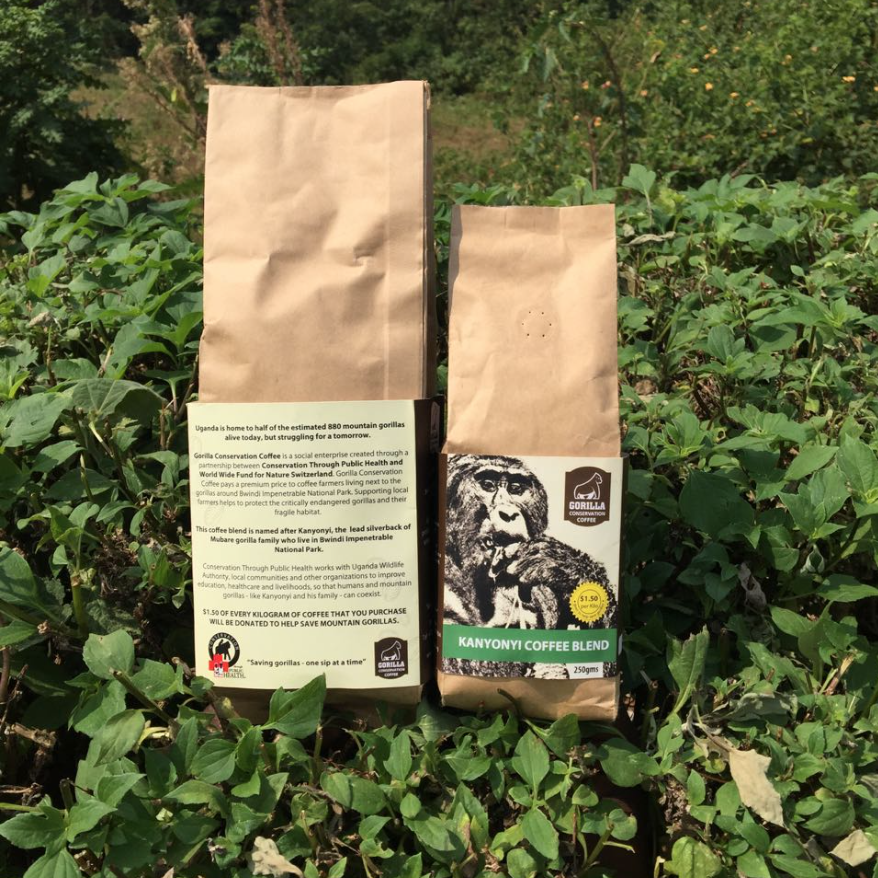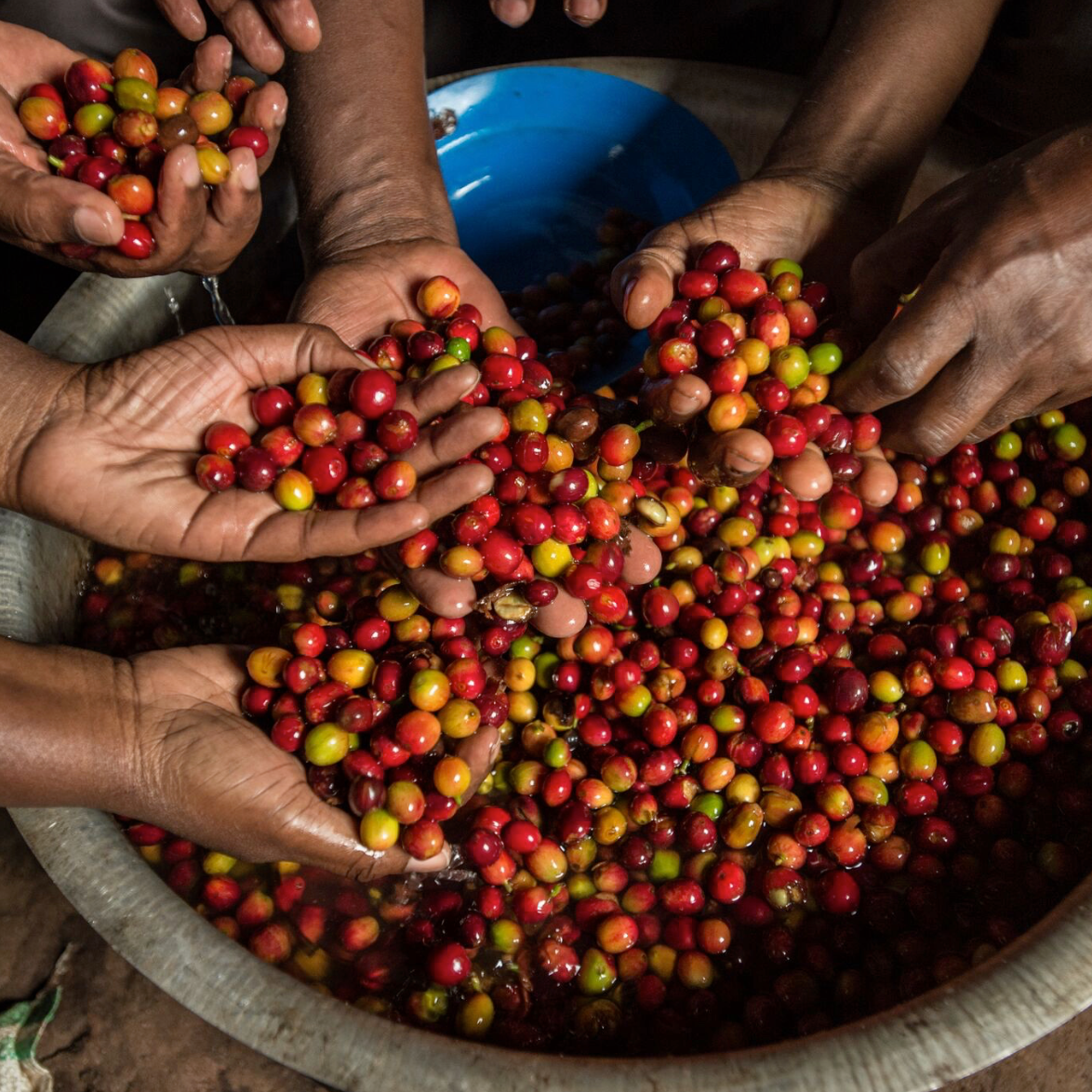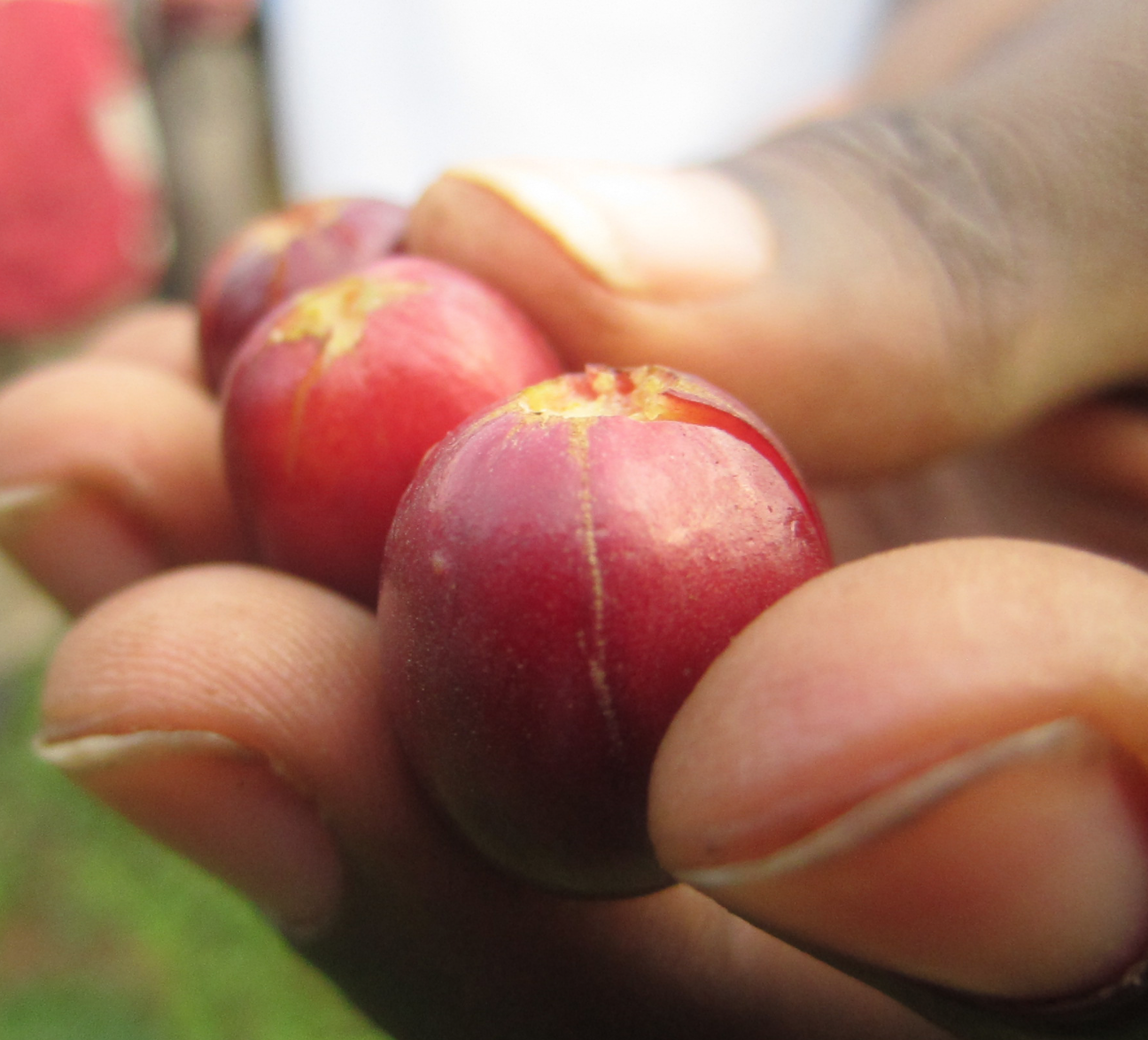With her entrepreneurial spirit, the renowned wildlife conservationist and social entrepreneur, Dr. Gladys Kalema-Zikusoka, was determined to find a solution that could help coffee farmers on the slopes of Bwindi Impenetrable Forest, while improving their attitudes towards conservation. The result: Gorilla Conservation Coffee—a social enterprise created through a partnership between Conservation Through Public Health and Worldwide Fund for Nature Switzerland.
Dr. Gladys, as she is known affectionately in communities living around Bwindi Impenetrable National Park, has made it her mission to protect and save the endangered mountain gorilla of east Africa with only 880 individuals remaining in the world. The gorillas call Bwindi Impenetrable Forest home and while it may seem like a paradise, humans continue to pose some of the greatest threats to the gorillas’ survival. Threats include habitat destruction, poaching of other animals in the forest and disease from closely related humans, which is made worse by poverty and high human population growth. Through Dr. Gladys’ work in and around Bwindi she has met community members and realized their poor health exasperated the fragile balance between human and gorilla health. She founded the non-profit organization Conservation Through Public Health in 2003 to promote biodiversity conservation by enabling wildlife, humans and livestock to co-exist by improving their health and livelihoods.
"Our first blend is named after Kanyonyi, the lead silverback of the Mubare gorilla group located in Bwindi Impenetrable National Park, Uganda."
The programs have been a success in Bwindi, but Dr. Gladys realized that after visiting small-holder coffee farmers in the area that they were not being supported. On the slope of Bwindi Impenetrable Forest, these farmers are growing the best Arabica coffee in the world. However, these communities continue to lack the resources and steady market to increase their income through coffee and improve their way of life, which is needed to remove their dependence on the gorillas’ habitat to meet basic family needs.
Gorilla Conservation Coffee is grown on rich volcanic soils at a high altitude of about 2000 metres above sea level. The cool atmosphere of Bwindi allows the coffee fruit to ripen slowly while building up the sugars in the coffee. The coffee beans are selectively handpicked by farmers.
With her entrepreneurial spirit, Dr. Gladys was determined to find a solution that could help these coffee farmers while improving their attitudes towards conservation. The result: Gorilla Conservation Coffee—a social enterprise created through a partnership between Conservation Through Public Health and Worldwide Fund for Nature Switzerland. Gorilla Conservation Coffee pays a premium price to help coffee farmers, living around Bwindi Impenetrable National Park, improve their lives, which in turn helps to protect the gorillas and their habitat.
A portion of proceeds from each bag of coffee purchased will be donated to help save mountain gorillas.
At its current stage, Gorilla Conservation Coffee has worked with local farmers to establish a Bwindi Coffee Growers Cooperative and has conducted training initiatives with the farmers, many who already reported that the training has improved their crop yield. Gorilla Conservation Coffee is now selling in retailers across Uganda in specialty shops, tourist lodges and Entebbe Duty Free Store. Dr. Gladys and her team also launched the Gorilla Conservation Coffee crowdfunding campaign on Indiegogo, to raise funds to purchase more coffee, expand the market internationally and support operations. You can support the campaign by following the link here, https://www.indiegogo.com/projects/gorilla-conservation-coffee#/
“Helping the gorillas is about helping the people. It has to go hand in hand.”
Local solutions are critical to creating more sustainable communities in East Africa. And Dr. Gladys’ vision for Gorilla Conservation Coffee will help save the critically endangered mountain gorilla in two ways. First, by offering a premium product, price and creating a market for local farmers they have a viable alternative livelihood, which will reduce their dependence on the mountain gorilla’s forest habitat for resources like fuel wood. Second, through sales of coffee a donation will be made directly to Conservation Through Public Health, to address conservation needs of the mountain gorillas in Bwindi and move the organization away from complete donor dependence.
When asked what her advice is for other aspiring social entrepreneurs, Dr. Gladys says, “Follow your dreams and the rest will follow. Being a social entrepreneur is often a journey of hills and valleys, and very fulfilling if you always keep your goals in sight.”
Contact or follow Gorilla Conservation Coffee
WEBSITE | FACEBOOK | TWITTER | EMAIL gladys@ctph.org

















